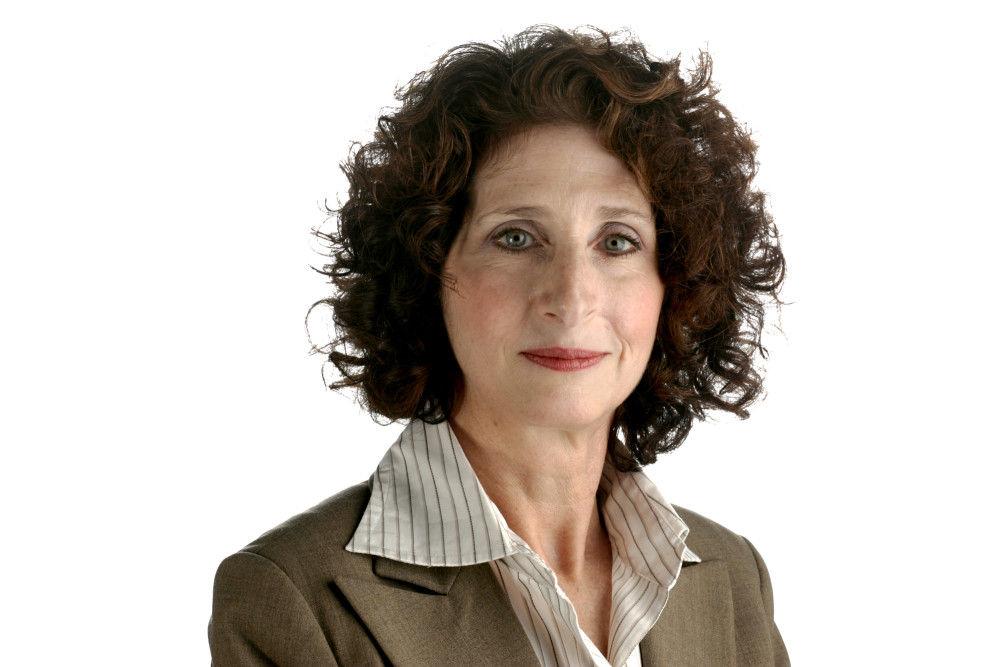By Gail MarksJarvis
Chicago Tribune.
Your first glance at your student loan debt after college is likely to be a nauseating encounter.
So if you are like a lot of graduates, you may stick the paperwork in a drawer and try not think about it. Or you might sign up for payments without giving it much thought.
Both would be a mistake.
About 15 percent of student loans go into default within three years of a student graduating, but no one needs to default, or miss the payments, says Reyna Gobel, author of “CliffsNotes Graduation Debt: How to Manage Student Loans and Live Your Life.”
If you have a federal student loan you can’t afford, the government will give you a break so you can handle it.
But you have to make sure you don’t undermine your best opportunities by being either inattentive or too quick on the draw.
For example, you will have options for repaying your loans and will be asked to sign up for them.
Gobel says to wait to see if you can handle your typical payments before making a commitment.
You have a six-month grace period after college to test your ability to pay.
During this time, you don’t have to make payments. But rather than spend all the money you have, Gobel suggests figuring out what your regular payment would be, either the full monthly payments required if you pay off your loans in a typical 10-year period, or what’s known as an income-based repayment.
Such payments reduce your loan payments to fit your income, and your loan servicer can help you calculate what your payments would be with the regular payments over 10 years or the income-based payments.
During the grace period, put the full payments into the bank to make sure you can handle all your bills while making those payments. In addition, Gobel says, those payments left in the bank will become your emergency fund. You won’t use them in the future to pay your college loans. Rather, they will stay there in case you lose your first job quickly or find out it’s not meant for you and you want to change jobs.
“Until you’ve had a period when paying bills after college, you don’t really know what you can afford in student loan payments,” Gobel said.
So after practicing for a few months, you will be ready to commit to either the low income-based repayments or regular payments over 10 years.
To figure out your loan payments, find your outstanding loans through the National Student Loan Data System’s website, at http://nslds.ed.gov/nslds(UNDERSCORE)SA.
Then use this loan repayment calculator to figure out your monthly payments if you take the typical 10 years to make regular payments: hhttp://www.finaid.org/calculators/loanpayments.phtml.
To understand your payments under the potentially lower system based on your income, try http://www.finaid.org/calculators/icr.phtml.
Be reluctant about consolidating loans and stretching payments longer than 10 years if there is a chance you might have a public-service type of job soon or in the future.
Under a government program, after making income-based payments on your loans for 10 years, you can get the remaining debt forgiven if you are in certain jobs. But if you’ve made the mistake of extending your loan payments over 20 or 30 years, you won’t get the break on your payments after 10.
And the jobs that might qualify are quite broad, Gobel said. Even being a doctor or a human resources director at a hospital might qualify. About 25 percent of jobs do qualify, she said.
Remember that what’s important is paying loans for 10 years. You can take time off from paying loans, perhaps while having a child or going back to school, and get your loans forgiven in a public service job if you make 10 years of payments.
Meanwhile, Gobel said rather than making regular payments, choose the income-based lower payments if possible and try to save money for your future.
If you go back to college, don’t try to make payments on your student loans while there, she said. The old loans are likely to have lower interest payments than the new ones you will take out for graduate school. So keeping the low-interest loans intact may make it possible for you to borrow less under the more expensive graduate school loans offered by the government.
___
ABOUT THE WRITER
Gail MarksJarvis is a personal finance columnist for the Chicago Tribune and author of “Saving for Retirement Without Living Like a Pauper or Winning the Lottery.”














































































































































































































































































































































































